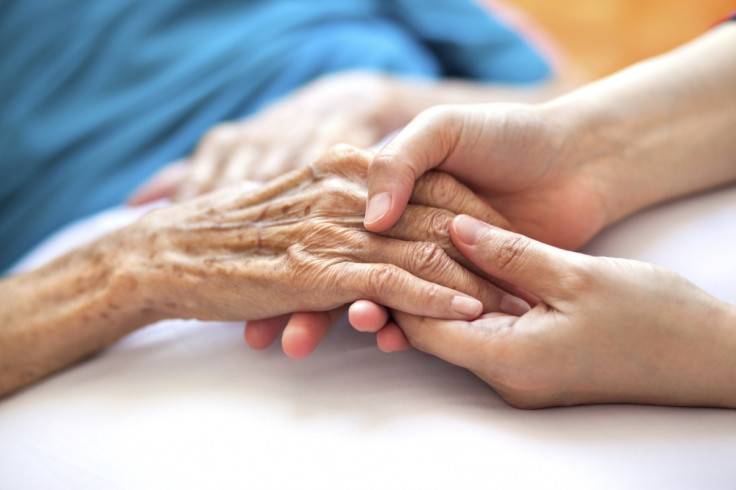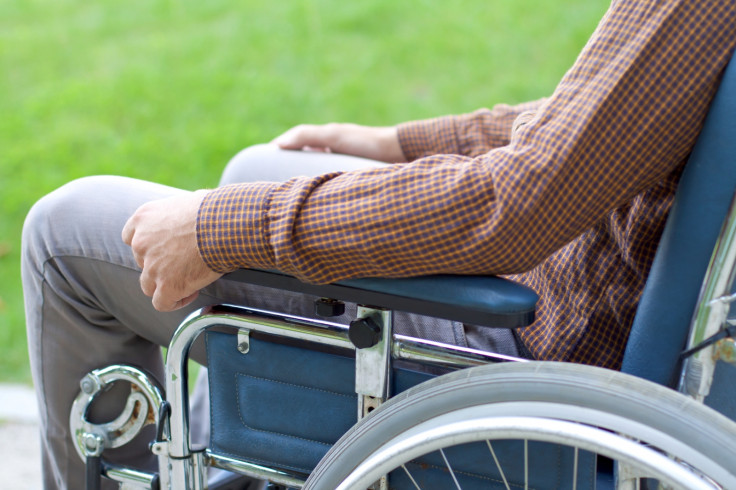Why don't more people who choose euthanasia donate their organs?
There is a perception that organ donation after euthanasia could lead to enforced organ harvesting.

Organ donation after euthanasia is a contentious practice even in the countries that allow euthanasia, and the practice is only allowed in Belgium and the Netherlands. But doctors are calling for more awareness of the option to donate organs in those countries in an attempt to boost donations.
If all patients who chose euthanasia donated at least one of their healthy organs, then the number of organs available for transplant would rocket in those countries. In Belgium, a total of 2,023 patients were euthanised in 2015, according to a study published in the journal JAMA. There were a total of 1,288 people on organ transplant waiting list that year in the country.
The study calculates that about 10% of people who choose euthanasia could donate at least one healthy organ. This figure excluded patients who were over the age limit for donating certain organs, people whose organs were affected by their condition, and those who had infectious diseases such as HIV. The remaining people who went through euthanasia could have donated a total of 684 healthy organs, the authors say.
This figure would dramatically increase the number of organs available for transplant. For example, the number of kidneys that could be donated by eligible patients after euthanasia would more than double the number available for transplant.
However, in Belgium only 43 patients undergoing euthanasia had ever donated organs as of August 2016.
Choosing the place of death
One of the main reasons that people who choose euthanasia do not donate organs is the setting in which they die.
"The most important reason is that people would get euthanised in the hospital. They can't die at home quietly with the family and the family doctor," study author Ernest van Heurn of Emma Children's Hospital AMC and the VU University medical centre, the Netherlands, told IBTimes UK.
"But there are solutions for that. What you can do – but only at the explicit request of a person who wants euthanasia – is to get sedation at home with the family, and then the family has the opportunity to stay at home while the patient is taken to the hospital and there the euthanasia is done."
The suggestion to donate organs must come from the patient and not from their doctor, van Heurn said.

"We don't raise the subject of organ donation with a patient who has chosen euthanasia. They are kept apart as fully as possible.
"It is a very delicate relationship. The choice for euthanasia, it's a very difficult decision and donation should not interfere within the relationship. It should not interfere with the decision."
Concerns about a slippery slope
Another reason for low donation rates after euthanasia is a perception that this could be seen as the first step towards forced harvesting against people's will, said Julian Savulescu, director of the Oxford Uehiro Centre for Practical Ethics at the University of Oxford.
"Clearly people are worried that there'll be a slippery slope from euthanasia because somebody's life is intolerable or full of suffering, to killing people as a source of organs," Savulescu said.
"People are worried that if you combine these two practices it could be that people are coerced into using euthanasia as a source of organs or perhaps even kill people against their will to save younger or healthier people."
But offering people the option to donate their organs after death can be done in an ethical way if the two practices of donation and euthanasia are kept firmly separate, he said. These difficult conversations needn't be done by the main doctor who is caring for the patient and with whom the patient has discussed euthanasia, he said.
"This is a very important option to give people who have requested euthanasia. It's a reality that one person can save seven eight lives with zero cost to themselves if they have otherwise decided to die," said Savulescu. "They ought to have the option of saving other people's lives after their death."
© Copyright IBTimes 2025. All rights reserved.






















